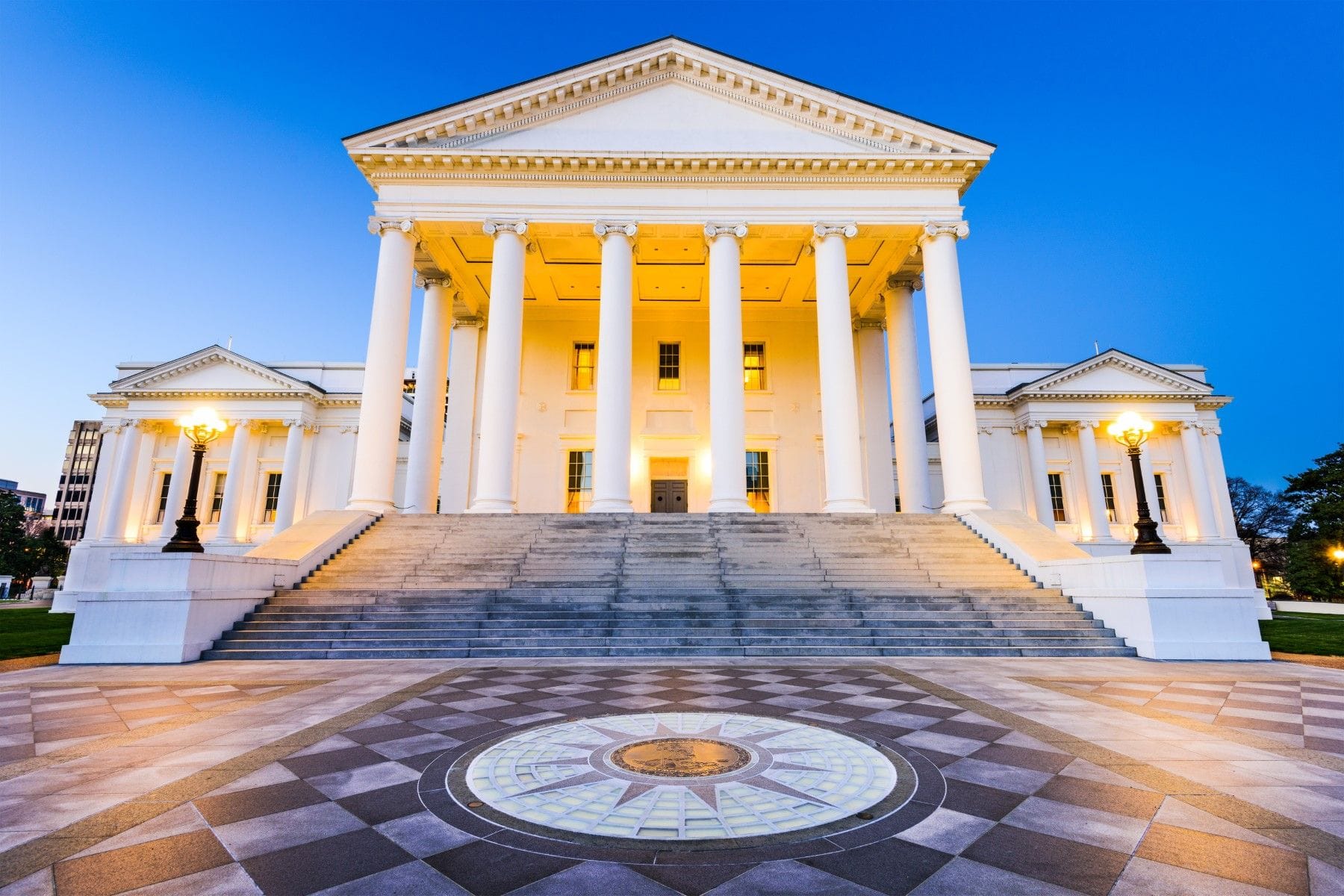Virginia Expert Witness Report Rules
Virginia's expert witness disclosure requirements differ from federal rules, allowing flexible formats without mandatory detailed reports, emphasizing compliance and court discretion.
Updated on
In this article
Are Expert Witness Reports Required in Virginia?
In Virginia, the requirement for expert witness reports differs from the federal standard. Unlike the Federal Rules of Civil Procedure, which mandate detailed expert reports, Virginia has not adopted a comparable rule. Instead, under Virginia Supreme Court Rule 4:1(b)(4)(A), parties may be required to disclose expert witnesses and the subject matter of their testimony through interrogatories. This disclosure includes the opinions and grounds for those opinions, often facilitated by a narrative or letter format if a formal report is not prepared.
Disclosure of expert testimony typically occurs during the discovery phase and is often guided by court scheduling orders. For instance, a plaintiff might be required to serve an expert summary or report 90 days before trial. Failure to comply with these disclosure requirements can lead to the exclusion of expert testimony under Va. Sup. Ct. Rule 4:12.
What is Required in a Virginia Expert Witness Report?
Virginia does not mandate expert witness reports in the same detailed manner as the federal system. However, when experts are disclosed, the following elements are typically included:
- Opinions and Grounds: A clear statement of the expert's opinions and the basis for each opinion.
- Qualifications: Information regarding the expert's qualifications, often necessary to establish credibility.
- Compensation: Disclosure of the expert's compensation for study and testimony.
Virginia’s approach allows for flexibility in how these disclosures are formatted, with reports, narratives, or letters being common. The Code of Virginia § 8.01-401.1 further requires that any expert opinion based on facts not in evidence be disclosed to opposing counsel at least 21 days before trial, aiming to prevent surprise.
Scope and Authorship of the Report
In Virginia, the authorship of expert witness reports is not as rigidly defined as in federal practice. While experts are typically responsible for drafting and signing their reports, attorneys may assist in preparing these documents. The extent of permissible attorney involvement is generally determined by ethical considerations and the necessity of maintaining the expert's independent opinion.
The scope of the report may vary depending on the type of testimony or case. For example, complex cases may require more detailed disclosures, while simpler matters may suffice with a brief summary of the expert's opinions.
Missing, Deficient, and Untimely Reports
Virginia courts maintain discretion in handling missing, deficient, or untimely expert disclosures. Potential consequences include:
- Exclusion of Testimony: Under Va. Sup. Ct. Rule 4:12, failure to identify an expert or disclose their testimony adequately can result in the exclusion of that testimony.
- Sanctions or Continuances: Courts may impose sanctions or grant continuances to address non-compliance.
Case law and court orders often guide the specific responses to disclosure deficiencies, underscoring the importance of adhering to procedural requirements.
Original, Supplemental, and Rebuttal Reports
Virginia’s rules do not explicitly address distinctions among original, supplemental, and rebuttal reports as seen in federal practice. Instead, the nature and timing of expert disclosures are typically governed by court orders and case-specific scheduling.
- Original Reports: These are generally required when the expert is first disclosed.
- Supplemental and Rebuttal Reports: While not explicitly mentioned in the rules, these may be submitted in response to new information or opposing expert disclosures, subject to court approval.
Virginia courts handle disputes over these filings on a case-by-case basis, often considering the fairness and necessity of additional disclosures.
Relevant State Rules and Legal Requirements
The governing rules and statutes for expert disclosures in Virginia include Va. Sup. Ct. R. 4:1(b)(4)(A) and Code of Virginia § 8.01-401.1. These provisions outline the obligations for expert witness disclosures and the potential consequences for non-compliance.
Key cases interpreting these rules often emphasize the discretionary power of courts in managing expert disclosures and the importance of fairness in the litigation process. Notably, Virginia’s practice diverges from the federal model by not requiring comprehensive written reports, offering more flexibility but also necessitating careful attention to court orders and procedural nuances.


